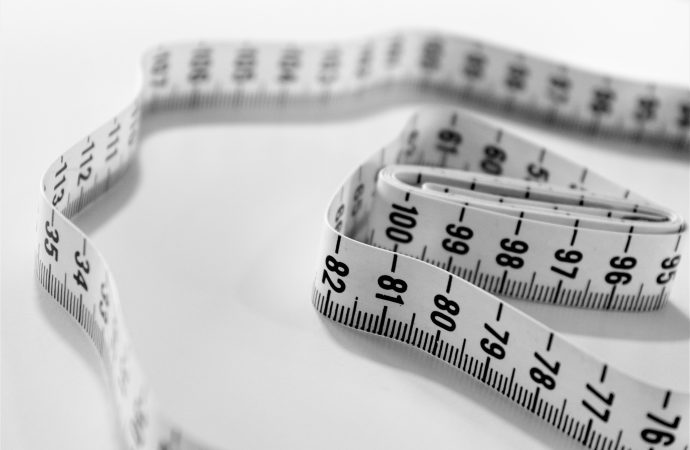In the eternal quest for effective weight loss strategies, an unexpected contender has emerged: cold air. Recent scientific research has uncovered the surprising benefits of chilly temperatures in helping individuals shed excess pounds. In this article, we explore the remarkable ways in which cold air can contribute to weight loss and provide insights into how
In the eternal quest for effective weight loss strategies, an unexpected contender has emerged: cold air. Recent scientific research has uncovered the surprising benefits of chilly temperatures in helping individuals shed excess pounds. In this article, we explore the remarkable ways in which cold air can contribute to weight loss and provide insights into how you can leverage its potential to achieve your health goals.
When exposed to cold air, our bodies engage in a process called thermogenesis, which involves generating heat to maintain a stable core temperature. This thermoregulatory response involves two types of fat tissue: white adipose tissue (WAT) and brown adipose tissue (BAT). While WAT primarily stores excess energy as fat, BAT specializes in heat production.
Cold air exposure activates BAT, which contains a higher concentration of mitochondria compared to WAT. Within these mitochondria, a protein called uncoupling protein 1 (UCP1) plays a key role. UCP1 uncouples the electron transport chain, redirecting energy towards heat production rather than ATP (adenosine triphosphate) synthesis. As a result, thermogenesis increases energy expenditure and promotes fat burning.
Scientific studies have provided compelling evidence supporting the benefits of cold air in weight loss. For instance, a study published in the journal Cell Metabolism demonstrated that mild cold exposure significantly increased energy expenditure and boosted fat metabolism in healthy individuals. Another study, published in Diabetes, highlighted the positive effects of cold-induced thermogenesis on insulin sensitivity, which plays a crucial role in metabolic health.
Incorporating cold air exposure into your weight loss journey can be achieved through various means. While extreme cold exposure is not necessary or recommended, there are practical ways to introduce cold stimuli into your routine. Taking refreshing cold showers, spending time outdoors during colder seasons, or lowering the thermostat in your living space are simple strategies to embrace the chill.
However, it is important to note that cold air alone is not a magic solution for weight loss. A comprehensive approach to weight management includes regular exercise, a balanced diet, and other healthy lifestyle choices. Cold air exposure should be seen as a complementary component rather than a standalone method.
It is also crucial to prioritize safety and consult with medical professionals before implementing cold air exposure strategies, especially if you have pre-existing health conditions. Prolonged exposure to extremely cold temperatures can lead to hypothermia and other adverse effects.
The benefits of being cold extend beyond weight loss alone. Cold air exposure has been associated with improved sleep, enhanced mood, and increased alertness. Additionally, it can potentially strengthen the immune system and improve blood circulation. These added advantages make embracing the chill an enticing proposition for overall well-being.
In conclusion, the surprising benefits of cold air in weight loss present a unique and intriguing avenue for individuals seeking alternative approaches to achieve their health goals. By activating brown adipose tissue and promoting thermogenesis, embracing colder temperatures may contribute to increased calorie burning and support weight loss efforts. However, it is essential to approach cold air exposure as part of a comprehensive and personalized weight management plan, while prioritizing safety and seeking professional advice when needed.
So, if you’re looking for a refreshing twist in your weight loss journey, consider harnessing the power of cold air. Embrace the chill and discover a new pathway towards a healthier you.

















Leave a Comment
Your email address will not be published. Required fields are marked with *